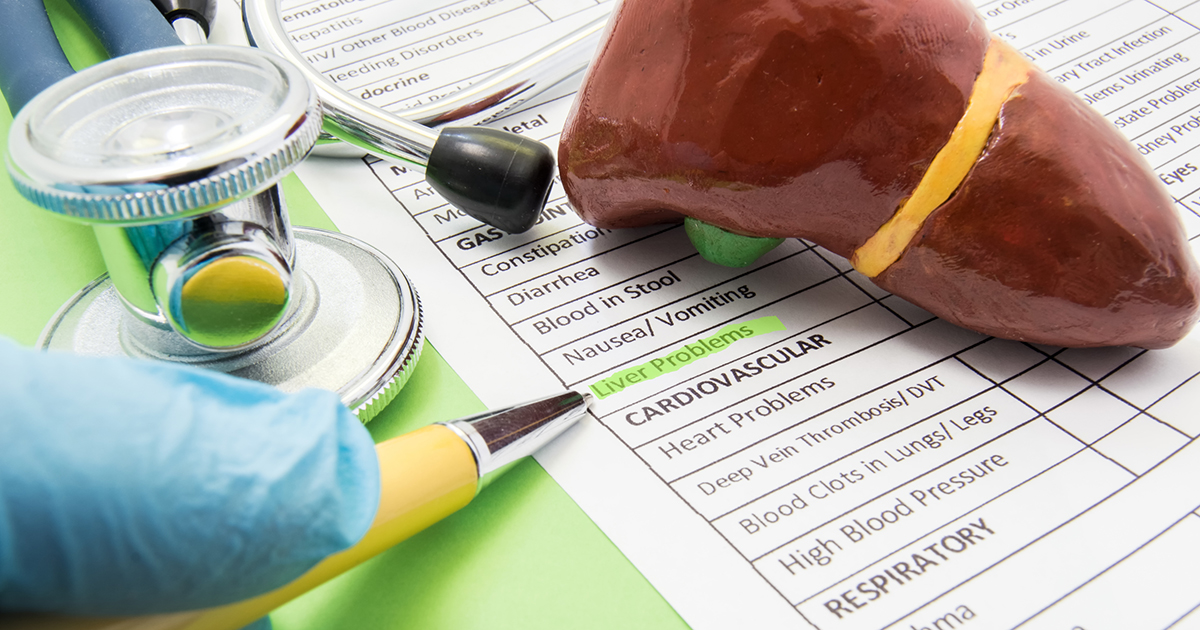Guide To The Symptoms And Diagnosis Of Lysosomal Acid Lipase Deficiency
Poor Nutrient Absorption

As a result of the lipid accumulation that occurs with lysosomal acid lipase deficiency, patients tend to have poor nutrient absorption. In infants, this may manifest as a failure to grow at a normal rate, and babies might also have frequent diarrhea and vomiting. Fat may be visible in stools, and patients of all ages typically have stomach cramps, fatigue, and nausea. Poor nutrient absorption occurs in approximately one-third of patients whose LAL-D begins after infancy. Along with nutrient absorption issues, patients may have gallbladder problems. They normally have high levels of low-density lipoprotein ('bad') cholesterol and low levels of high-density lipoprotein ('good') cholesterol. They may also have elevated liver enzymes.
Enzyme replacement therapy may be helpful in managing these symptoms, and patients may wish to consult a nutritionist for dietary advice. Nutritionists can provide meal planning advice and help patients find foods that result in less abdominal pain, nausea, and vomiting. Sometimes, doctors may recommend supplemental nutrition for certain patients, and medications can be provided to help with digestion and reduce nausea, diarrhea, and constipation.
Discover another symptom of lysosomal acid lipase deficiency now.
Liver Fibrosis

Patients with LAL-D often have significant liver damage, and this can result in liver fibrosis, a precursor to liver cirrhosis. Fibrosis of the liver develops as the liver attempts to repair itself and replace the damaged cells. This produces an excessive amount of scar tissue within the liver itself, and it normally causes no symptoms unless it progresses to cirrhosis. To detect fibrosis, doctors perform blood tests and imaging studies as needed, and sometimes, a liver biopsy may be required. This information enables clinicians to determine if the fibrosis is mild or more severe. Patients who have fibrosis will need to be monitored frequently by liver specialists. Although there is currently no treatment for fibrosis, medications that may reduce the extent of the disease are being investigated.
Read about how lysosomal acid lipase deficiency is diagnosed next.
